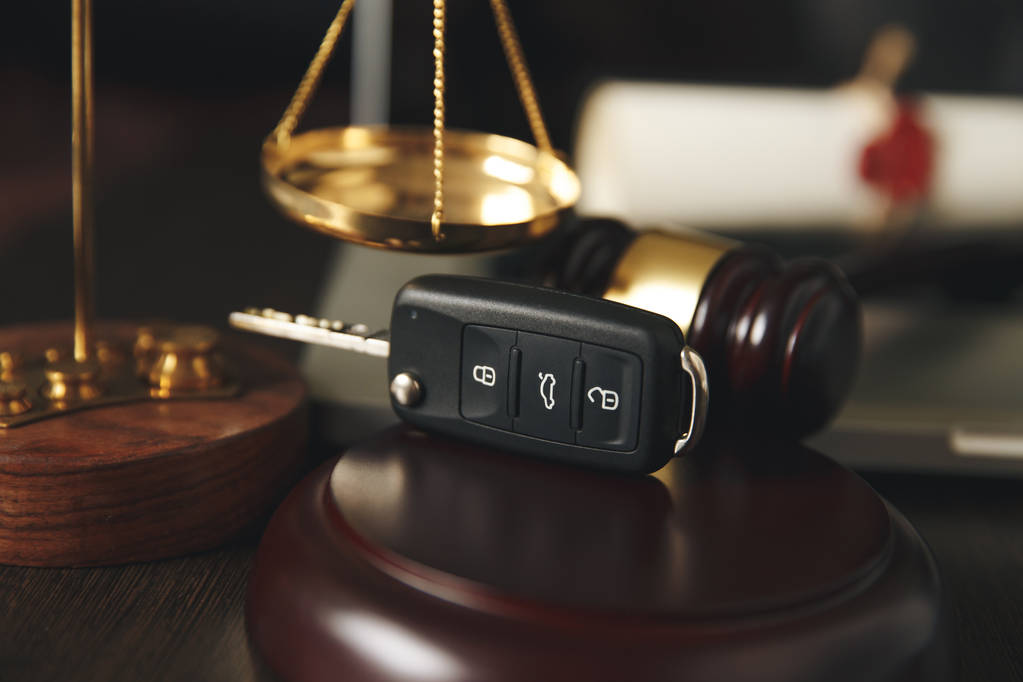Understanding Fault Determination and Insurance Coverage in Car Accidents in Colorado
When it comes to car accidents in Denver, understanding how fault is determined and the implications of having insurance is crucial. In this blog post, we’ll answer two important questions:

How is fault determined in a car accident in Colorado?
Can someone sue you for a car accident if you have insurance in Colorado?
Let’s dive into these topics to provide you with the information you need.
How is Fault Determined in a Car Accident in Colorado?
Determining fault in a car accident is a critical aspect of resolving legal and insurance matters. Colorado follows a system of “modified comparative fault” or “modified comparative negligence” when it comes to allocating fault in accidents. Here’s how it works:
Pure Comparative Fault Rule:
Under Colorado law, multiple parties involved in a car accident can share varying degrees of fault. The state follows a “pure comparative fault” rule, which means that even if you are partially at fault for the accident, you can still seek compensation for your damages. However, your compensation will be reduced by your percentage of fault.
For example, if you were found 20% at fault for an accident and your damages were estimated at $10,000, you would be entitled to $8,000 ($10,000 – 20%).
Determining Fault:
Determining fault typically involves gathering evidence, including police reports, eyewitness statements, and expert opinions. Insurance companies and legal professionals assess these factors to determine the degree of fault for each party involved.
It’s important to remember that Colorado’s modified comparative fault system allows you to pursue compensation even if you share some blame for the accident. Consulting with an experienced auto accident lawyer in Denver can help you navigate these complex issues and protect your rights.
Can Someone Sue You for a Car Accident if You Have Insurance in Colorado?
Having insurance is a legal requirement in Colorado, but it doesn’t necessarily shield you from being sued if you’re involved in a car accident. Here’s why:
Insurance Coverage Limitations:
While insurance is designed to provide financial protection, it has limits. Your insurance policy will specify the maximum amount it will pay for damages in a covered accident. If the damages exceed your policy limits, you may be personally responsible for the excess amount.
Uninsured or Underinsured Motorist Coverage:
In Colorado, uninsured/underinsured motorist coverage is required, which helps protect you if the at-fault driver has inadequate or no insurance. This coverage can be crucial in cases where the responsible party’s insurance is insufficient to cover your damages.
Personal Injury Lawsuits:
If someone sustains severe injuries or significant financial losses as a result of the accident, they may choose to file a personal injury lawsuit against you, seeking compensation beyond what your insurance policy covers. In such cases, having legal representation is essential to protect your interests.
It’s important to notify your insurance company promptly after an accident and cooperate fully in the claims process. Your insurance provider will handle negotiations and, if necessary, legal defense on your behalf, up to your policy limits.

In conclusion, understanding how fault is determined in car accidents and the limitations of insurance coverage in Colorado is vital. While Colorado’s comparative fault system allows for compensation even if you share some blame, having adequate insurance coverage and seeking legal counsel is essential to protect yourself in the event of an accident. If you find yourself involved in a car accident, consult with an experienced auto accident lawyer in Denver to navigate the complex legal and insurance landscape and ensure your rights are upheld.
Learn more at Wiki as well.
